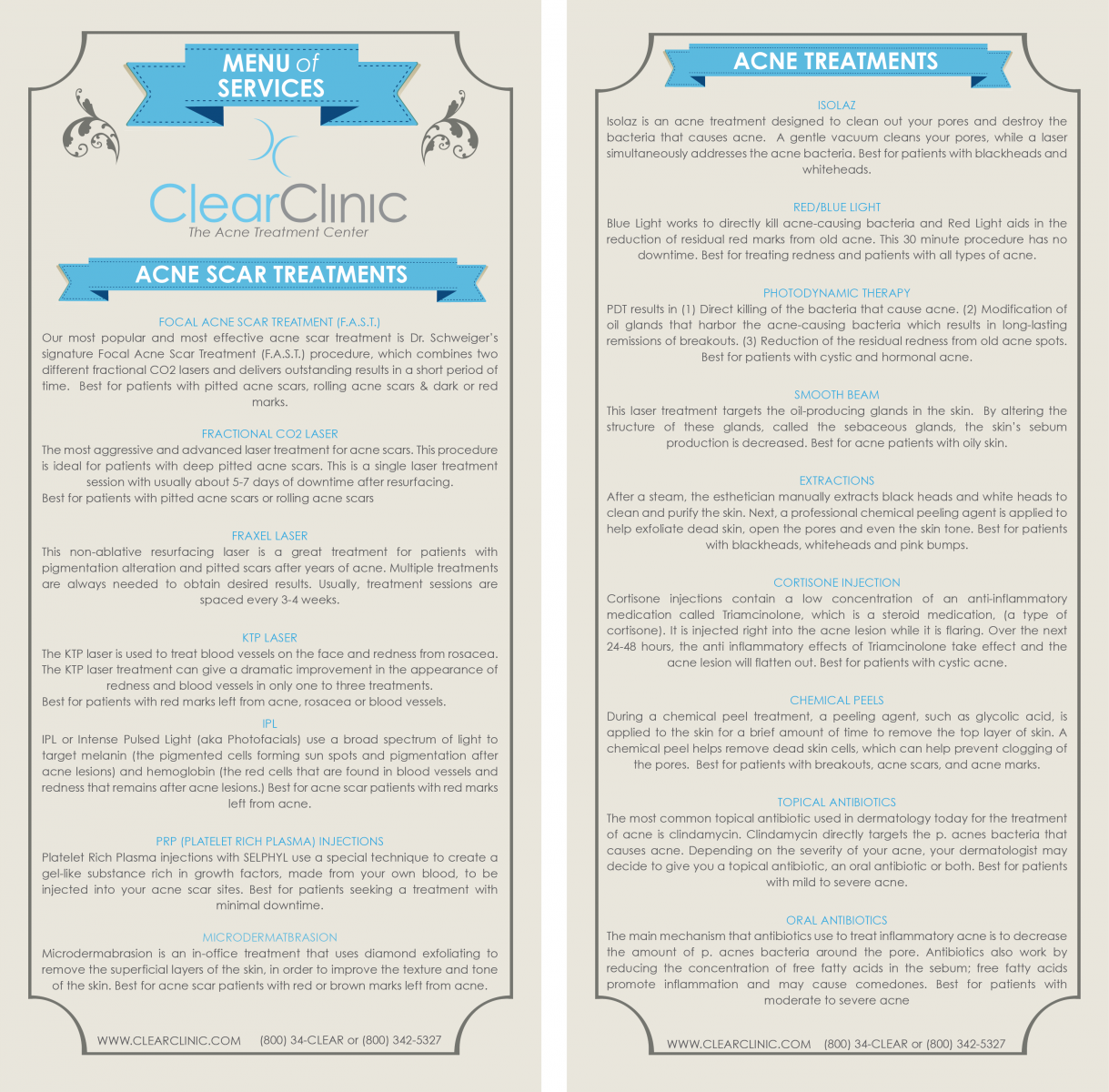Should You be Taking Vitamins for Acne?
 There is a lot of controversy whether or not taking oral vitamins for acne actually work. In fact, the American Academy of Dermatology (AAD) says that nutritional supplements do not have any evidence to support their efficacy. They even say that some vitamins and supplements could do more harm than good. The AAD mentions an anti-acne supplement that was on the market containing 200 times over the amount of selenium than it said on the label. This particular supplement was the cause of a host of toxic and dangerous reactions. While we do not suggest taking oral vitamins or supplements for acne, we do urge you to get your vitamin A in other—safer and more effective—forms. Here’s the scoop on the how vitamin A can do wonders at clearing the skin.
There is a lot of controversy whether or not taking oral vitamins for acne actually work. In fact, the American Academy of Dermatology (AAD) says that nutritional supplements do not have any evidence to support their efficacy. They even say that some vitamins and supplements could do more harm than good. The AAD mentions an anti-acne supplement that was on the market containing 200 times over the amount of selenium than it said on the label. This particular supplement was the cause of a host of toxic and dangerous reactions. While we do not suggest taking oral vitamins or supplements for acne, we do urge you to get your vitamin A in other—safer and more effective—forms. Here’s the scoop on the how vitamin A can do wonders at clearing the skin.
Topical Vitamin A and Acne
Vitamin A in its topical form is a proven miracle treatment for the complexion. You might have heard the term retinoid, which refers to any topical skincare product containing the Vitamin A molecule. Why do we want to use Vitamin A on our skin exactly? In short, it causes the skin to exfoliate itself and also has a drying effect, both huge positives if you have acne. You want the skin to exfoliate, since that helps keep the pores free and clear of any cellular debris that could lead to acne. Retinoids also give our collagen building process a kickstart, which helps decrease the chances of any acne scars from forming. There are a million over the counter (OTC) and prescription retinoid skincare products on the market with various strengths and combinations, so how do you know which one is the best for your skin type? The prescription vitamin A products can be discussed with your dermatologist or licensed skin care provider. Great choices for acne-prone skin are Ziana, which contains tretinoin and the antibiotic clindamycin, as well as Adapalene (also known as Differin), which is a lower-strength retinoid but very tolerable.
Oral Vitamin A and Acne
Vitamin A is the main component of the acne drug formerly known as Accutane. In fact, Accutane was the brand name of a medication called Isotretinoin, which is a vitamin A derivative. While many people shy away from every taking Accutane and don’t even want to talk to their doctor about it, it is used to treat severe acne that doesn’t respond to other treatments. Meaning that, if you have severe acne and have tried virtually every other kind of treatment on the market, you should definitely consider Accutane. The negative side effects are in fact, very tolerable (most people complain of dry lips and dry skin), and far outweighed by the positives of a clear complexion.

